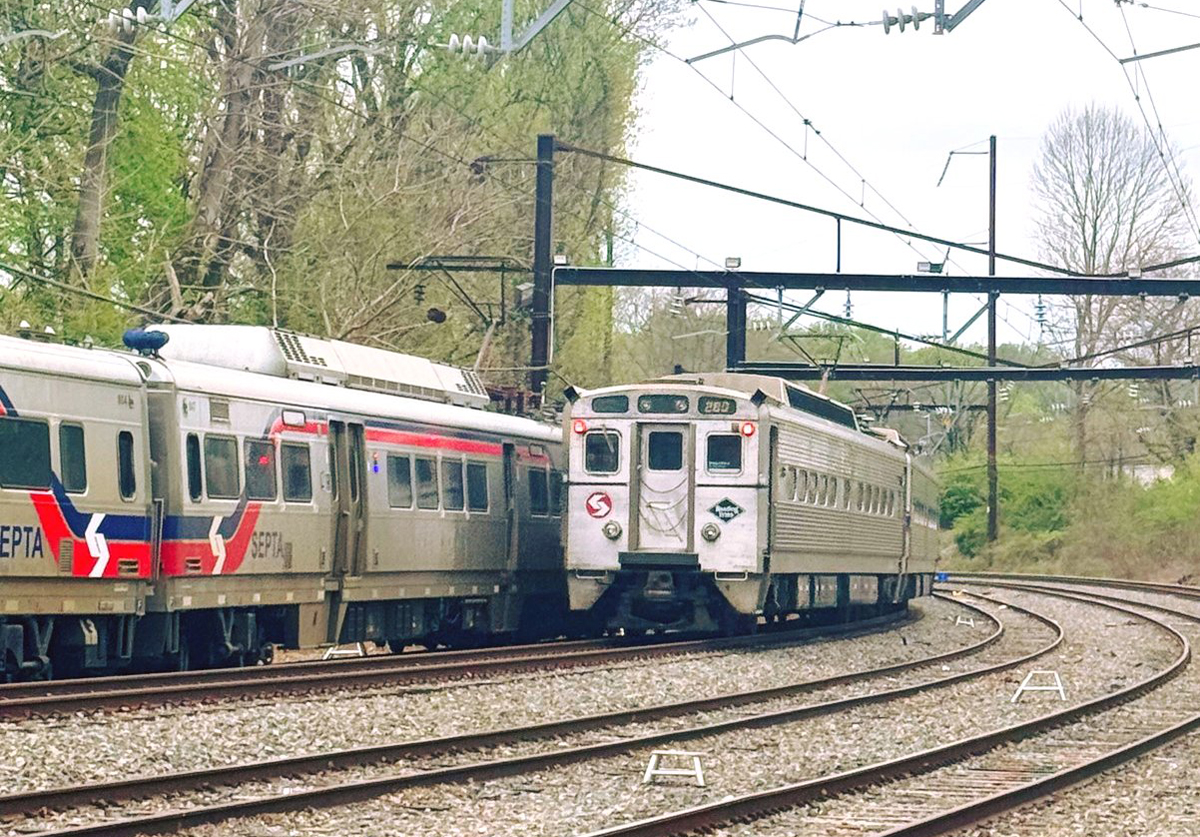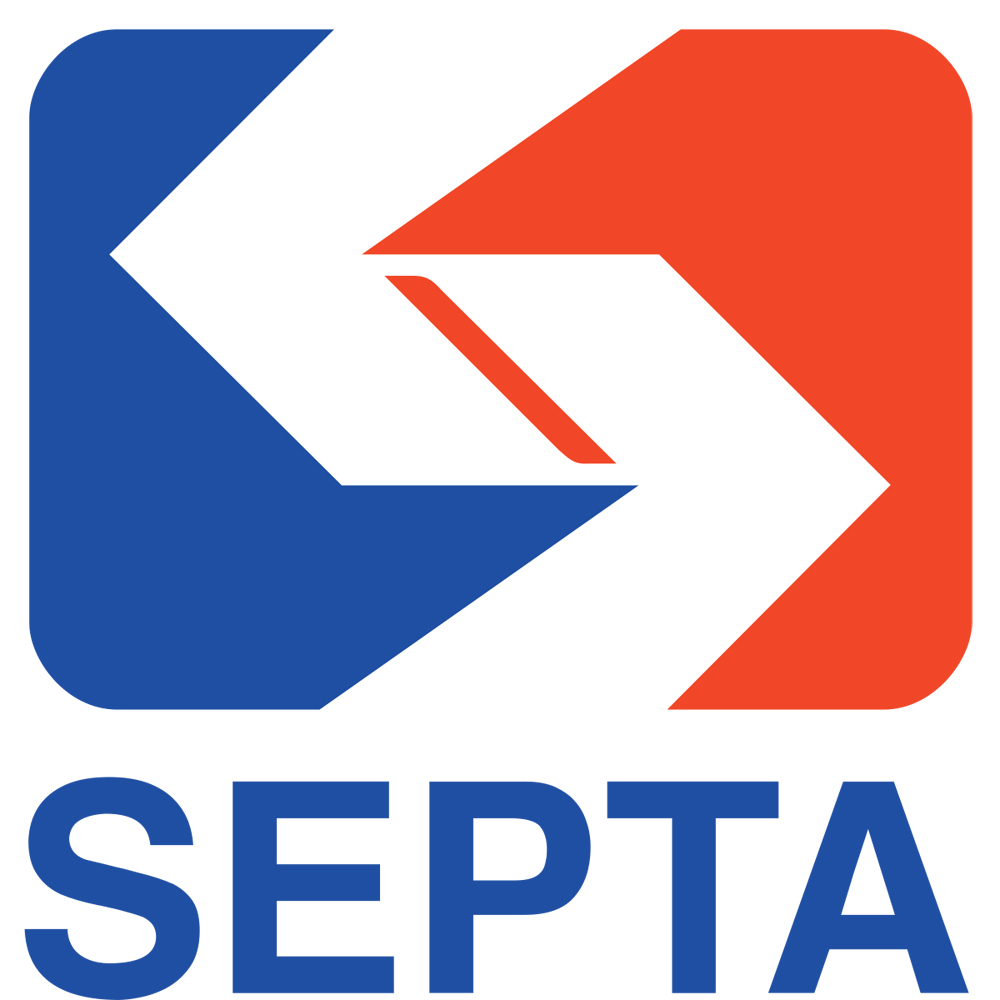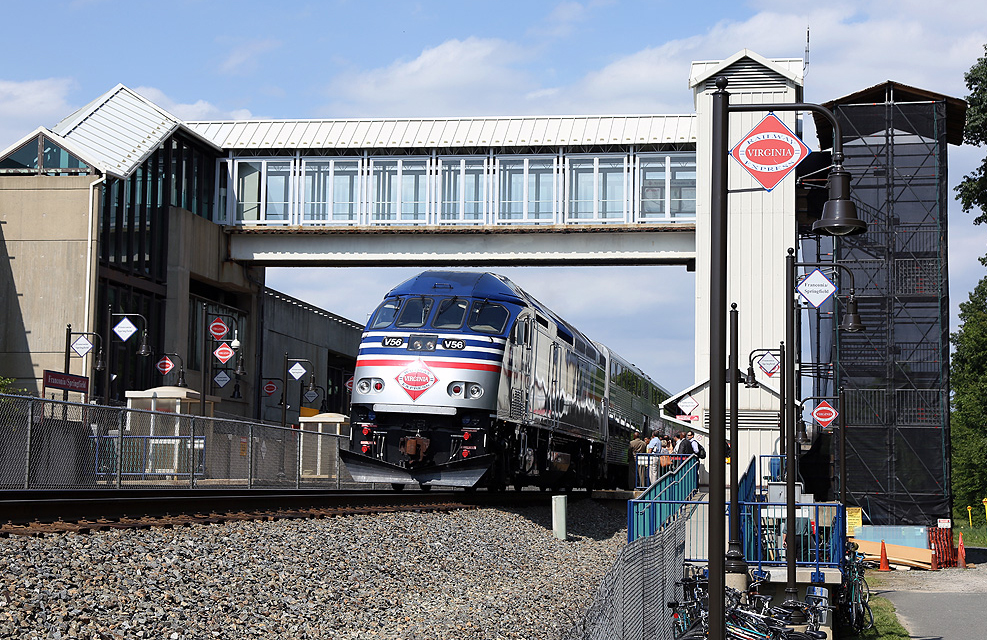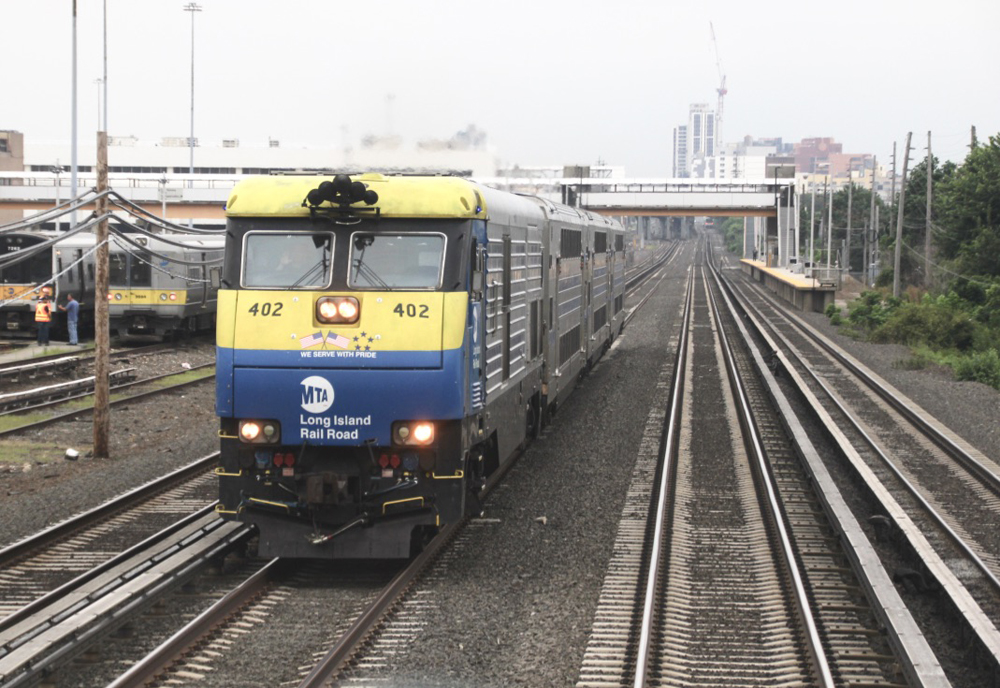
WASHINGTON — SEPTA on Wednesday said it would not follow a National Transportation Safety Board recommendation that it pull fire-prone Silverliner IV cars from service.
But hours later the Federal Railroad Administration issued an emergency order covering the electric multiple-unit equipment. It orders SEPTA to remove groups of the cars for emergency mechanical assessments.
General Manager Scott Sauer told a news conference on Wednesday that he’s confident the Silverliner IV equipment — which has been involved in five fires this year — is safe.
“We’ve been working to develop a comprehensive set of 40 mitigation measures,” Sauer said. “Due to these efforts, we are confident we can safely continue service with the Silverliner IV fleet.”
The NTSB on Wednesday urged SEPTA to pull the cars from service until it could determine the causes of the fires. NTSB recommendations are not legally binding.
The Federal Railroad Administration emergency order is binding, however, and it requires SEPTA to take steps to reduce the risk of fire — or remove the 225 cars from service.
“Despite SEPTA’s remedial actions to date, the recurrence of serious fires and other thermal events on Silverliner IV EMUs, as well as the gravity of the hazards presented, including cars destroyed by fire, passenger evacuations, and injuries to a crewmember and a firefighter this year, poses an imminent threat to safety, including the threat of serious harm to SEPTA’s passengers, SEPTA’s trains crews and other personnel, and emergency responders,” Acting FRA Administrator Drew Feeley said in the emergency order. “FRA has concluded that SEPTA’s maintenance and operation of its passenger rail equipment requires additional oversight and corrective action. The pattern of failures persuades FRA that reliance alone upon the prior assurances and cooperation of SEPTA is not possible, nor in the interest of public safety.”
The order gives SEPTA seven days to submit a plan to inspect each Silverliner IV car, develop a plan to determine the root causes of the fires, and require crews to report any braking or acceleration problems with the equipment, which General Electric built from 1974 through 1976 and delivered to the Reading. The inspections must be completed by the end of the month.
The emergency order also includes a long list of other compliance measures SEPTA must follow. If the agency does not comply or meet the guidelines outlined in the emergency order, SEPTA will be required to remove the Silverliner IVs from service.












